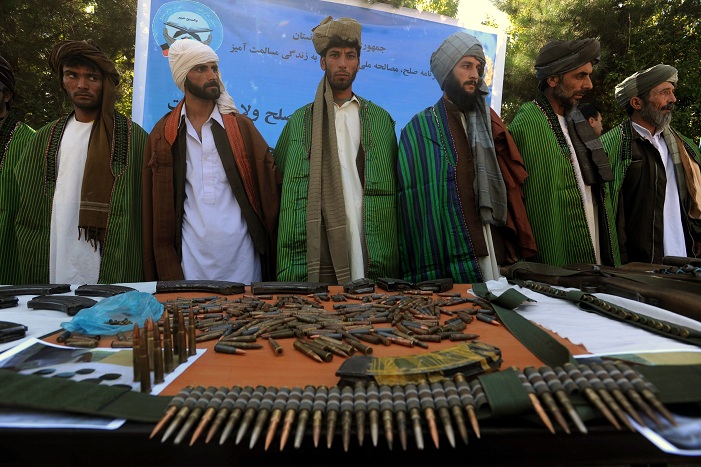CAIRO: The Egyptian-Chinese Company will start manufacturing 2000-horse power onshore oil rigs in Egypt before the end of this year, the Ministry of Petroleum announced.
Entering into a new era that will see an growth in exploration and production of oil and gas, Egypt is keen on responding to the industry’s challenges by becoming a self-sufficient nation in oil and gas exploration and production infrastructure.
Oil wells have increased to 564 during this fiscal year, as opposed to 447 last year.
“The establishment of the first Egyptian-Chinese company to manufacture onshore oil rigs in Egypt with a capital of $30 million ­- divided equally between the petroleum sector companies Enppi, Petrojet, Tharwa and HH Chinese Company – is the fruit of the relations between both countries, Minister of Petroleum Sameh Fahmi said.
Starting its operation in April 2007, the new company will manufacture three onshore oil rigs at the end of 2007 and production will gradually be expanded according to the company’s work plan to reach seven drilling rigs in the second year, 10 rigs in the third year, 15 in the fourth year and 20 in the fifth year.
“This is necessary in light of the need for rigs in Egypt, especially with the lack of availability on the international level, which has caused an increase in their prices, Fahmi said.
Fahmi had just given a speech at the Middle East Drilling Technology Conference and Exhibition organized by the Society of Petroleum Engineers (SPE) on Monday, stressing on the necessity to invest in new technologies to secure the future of energy resources.
In collaboration with foreign companies, Egypt has been able to benefit from international expertise in exploration and production efforts to develop deep water Mediterranean oil wells.
“Thanks to this advanced technology, the petroleum sector has been able to drill 2000-meter deep water wells, 200 km away from the shore, Fahmi said.
There are more than 75 international companies operating in Egypt, offering the latest technology in oil and gas exploration and production. As a result, activities in Egypt – especially the Mediterranean Sea, Western Desert, the Gulf of Suez and more recently in Upper Egypt – have contributed to the increase in crude oil proven reserves to four billion barrels and gas proven reserves to 72.3 trillion cubic feet.
“Achieving production growth depends on the industry’s response to a number of challenges. The skillful and timely application of technical and human resources in the face of various uncertainties will determine the extent to which the challenges will be mastered, Fahmi said.


